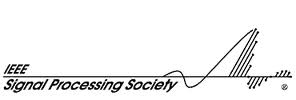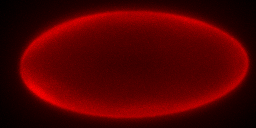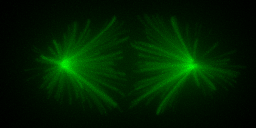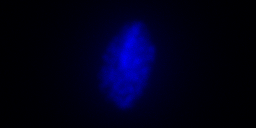 |
 |
 |
 |
 |
Deconvolution is one of the most common image-reconstruction tasks that arise in 3D fluorescence microscopy. The aim of this challenge is to benchmark existing deconvolution algorithms and to stimulate the community to look for novel, global and practical approaches to this problem.
The challenge will be divided into two stages: a training phase and a competition (testing) phase. It will primarily be based on realistic-looking synthetic data sets representing various sub-cellular structures. In addition it will rely on a number of common and advanced performance metrics to objectively assess the quality of the results.
In the framework of this challenge we provide both datasets and code (see bottom of this page).
Different data sets will be released for each stage of the challenge.
The link to the qualification-stage data will be sent to registered participants by e-mail. Please register here.
The goal of the training stage is to allow the participants to familiarize themselves with our deconvolution setting, by experimenting with a representative dataset.
This training data is available as a single ZIP file (253 MB) or as individual TIFF files for each channel, by clicking on the images below.
Please take note of the following facts:
| Channel | Data stack | PSF |
|---|---|---|
| Red |

|

|
| Green |

|

|
| Blue |

|

|
In addition to the datasets, we will provide registered participants with an exhaustive set of Matlab scripts that implement the forward model and the performance metrics. Together with the supporting documentation, the aim is to give the participants a precise understanding of our simulation and evaluation framework. In particular, the code allows the participants to 1) generate synthetic micrographs based on their own ground-truth data and 2) to assess and calibrate their deconvolution algorithm.
The link to the code will be sent to you by e-mail after completing the registration form.
The training stage of the 2nd edition of the challenge will begin soon. Follow this link for early registration.
July 15, 2013